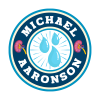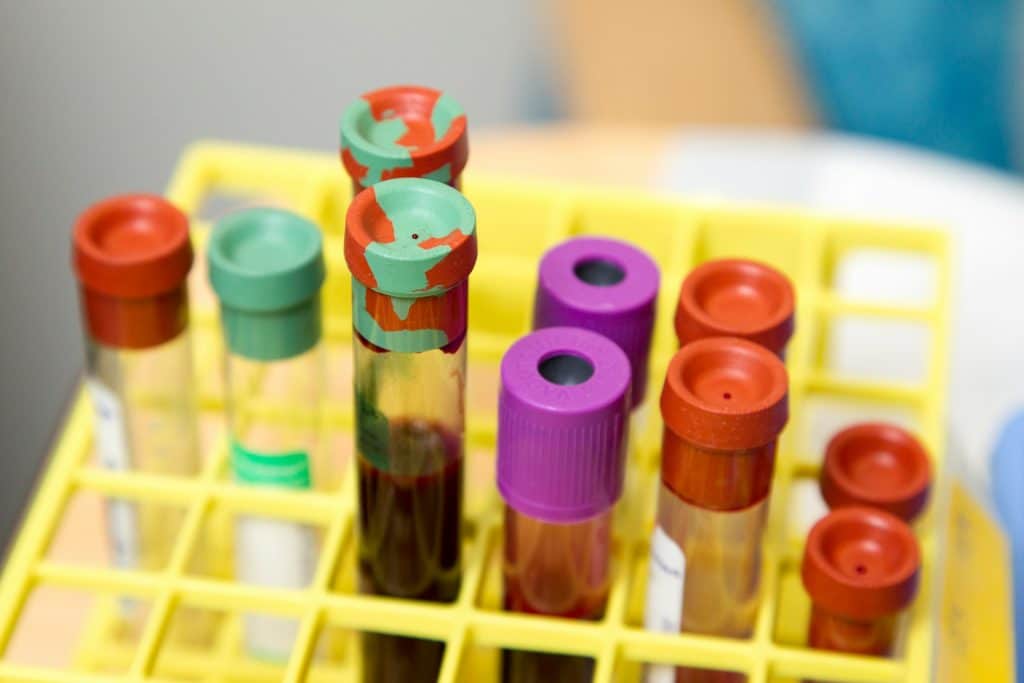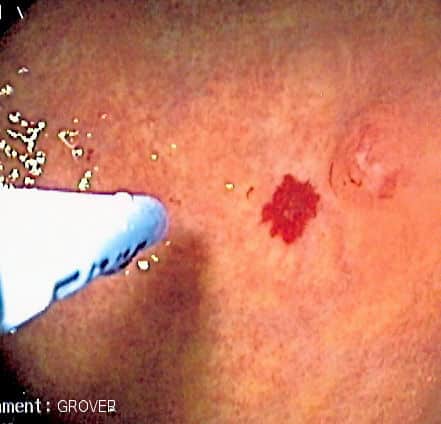Background: A 72-year-old man has anemia in CKD with a hemoglobin of 7.2 g/dL and Stage 4 CKD from diabetes and hypertension. The patient is taking oral iron.
Other lab studies: Ferritin is 825 ng/mL. The transferrin saturation was 33%. Recently, the patient received a colonoscopy with negative results. The patient’s vitamin B12 level is normal.

Please answer the following questions:
How would you treat this patient next?
* Add an erythropoiesis-stimulating agent (ESA)
* Transfuse Blood
* Add ascorbic acid (also known as vitamin C)
* Stop the oral iron and order intravenous iron
Add an erythropoiesis-stimulating agent (ESA)
The patient has anemia in CKD, is iron replete, and has a hemoglobin of less than 10 g/dL.
Anemia of chronic kidney disease is a type of normocytic normochromic anemia.
A
True
B
False
A. True.
Anemia of CKD is usually considered normocytic. This means that the mean corpuscular volume or MCV is within normal limits.
If the anemia of CKD is microcytic, meaning the red blood cells are small, that suggests iron deficiency anemia. This patient, in that case, would need intravenous iron.
Chronic inflammation, suggested by an elevated ferritin, can interfere with the utilization of iron, which can cause functional iron deficiency. In this condition, the body has enough iron, but that iron cannot be used to make red cells. Giving more iron in this setting does not add benefit.
Erythropoietin deficiency is not a significant factor in anemia of chronic kidney disease.
A
True
B
False
B. False
The initiation of an erythropoiesis-stimulating agent is recommended for patients with a hemoglobin level of less than 10 g/dL in CKD.
A
True
B
False
A True
The target hemoglobin level in patients with chronic kidney disease (CKD) is between 10 to 11 g/dL.
A
True
B
False
A True
Blood transfusions are commonly recommended for patients with chronic anemia regardless of their symptoms.
A
True
B
False
B. false
Discussion:
Anemia of Chronic Kidney Disease (CKD)
Overview of Anemia of CKD
Anemia of chronic kidney disease (CKD) is a normocytic normochromic and hypoproliferative anemia common in kidney disease patients, linked to poor outcomes and higher mortality risk in CKD.
Treatment Focus
Treatment involves enhancing kidney function, addressing both iron deficiency and functional iron deficiency, and boosting red blood cell production.
Intervening with erythropoiesis-stimulating agents, ESA
- Starting an erythropoiesis-stimulating agent (ESA) is the primary intervention for anemia in CKD patients once it has been confirmed that a patient is iron replete.
- Anemia often arises in stages 3 and 4 CKD because of reduced erythropoietin production. The kidneys are the main site of erythropoietin production in the human body.
- Target hemoglobin levels for CKD patients is 10 to 11 g/dL to avoid cardiovascular risks associated with higher levels.
- Consensus guidelines recommend starting ESAs for patients with hemoglobin levels below 10 g/dL.
Iron and Vitamin B12 Evaluation
Before starting ESA, it is crucial to assess and treat deficiencies in iron and vitamin B12.
Avoiding Blood Transfusion
Blood transfusion is discouraged in chronic anemia cases unless critical tissue ischemia is present to prevent sensitization to HLA antigens, which may complicate potential kidney transplantation.
Ascorbic Acid (Vitamin C) and Iron Therapy
Ascorbic acid’s role in enhancing oral iron absorption is not strongly supported by data.
Switching to intravenous iron therapy from oral iron is not recommended when iron levels are replete.
Inspiration: Anemia of Chronic Kidney Disease, National Library of Medicine
Related:
CKD Stages Simplified – Patient Education by Michael Aaronson, Lincoln Nephrology and Hypertension
ESA In CKD Anemia, How Much Time It Takes For EPO To Work, Quiz with Solution by Michael Aaronson


